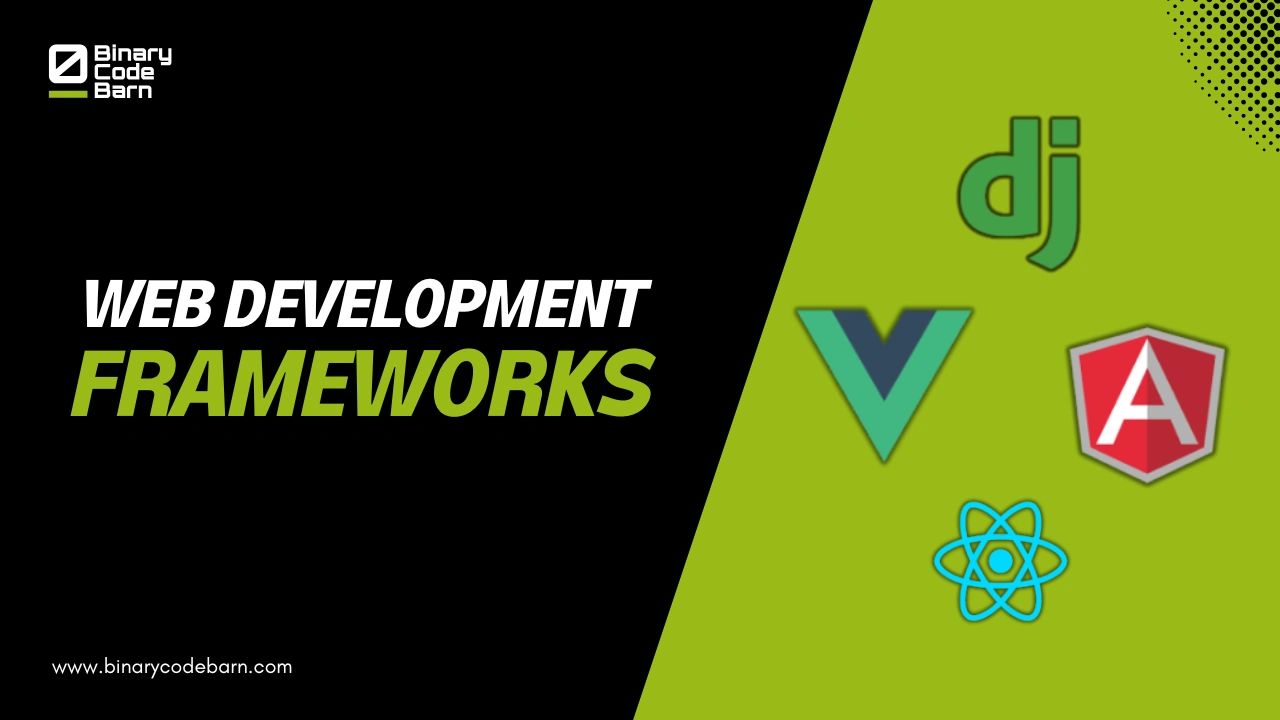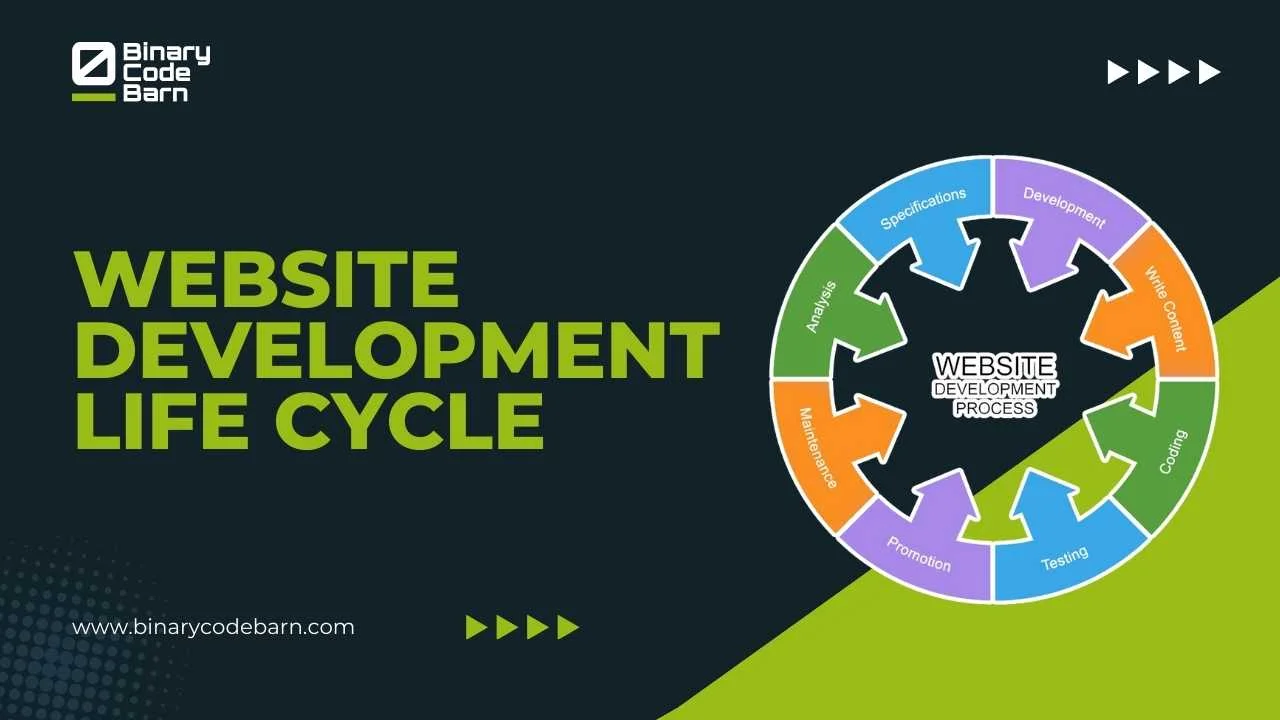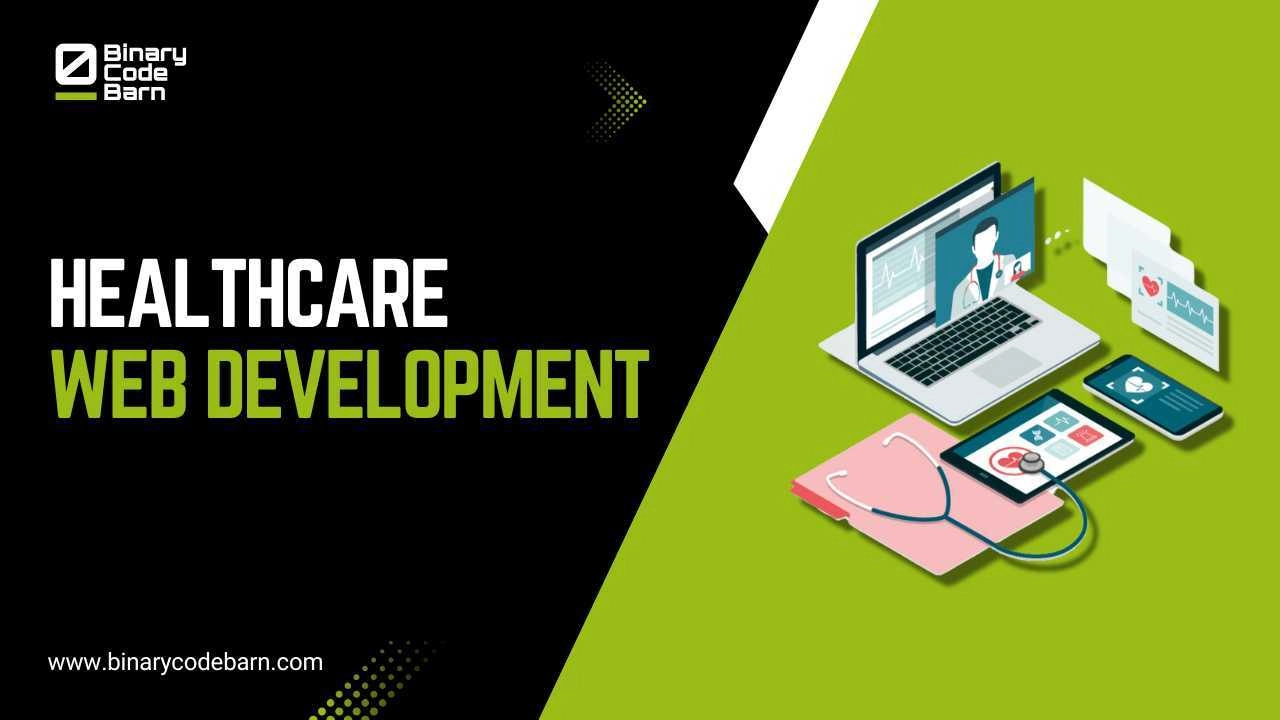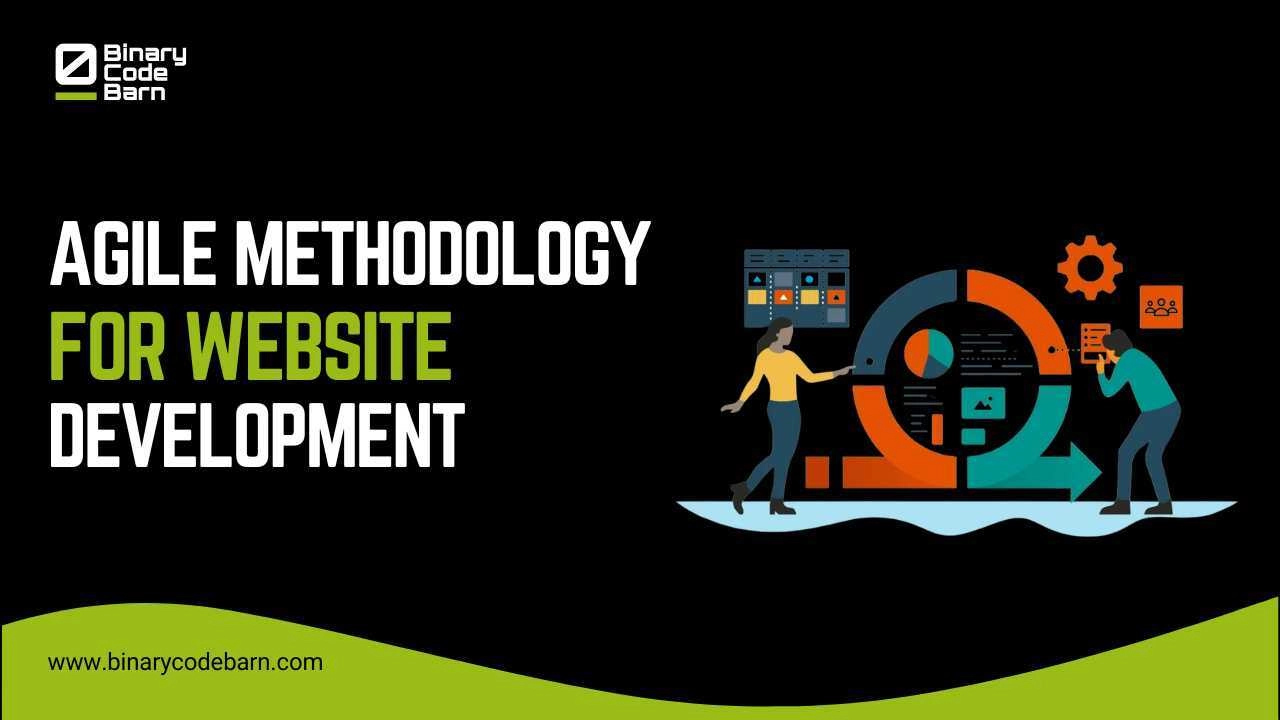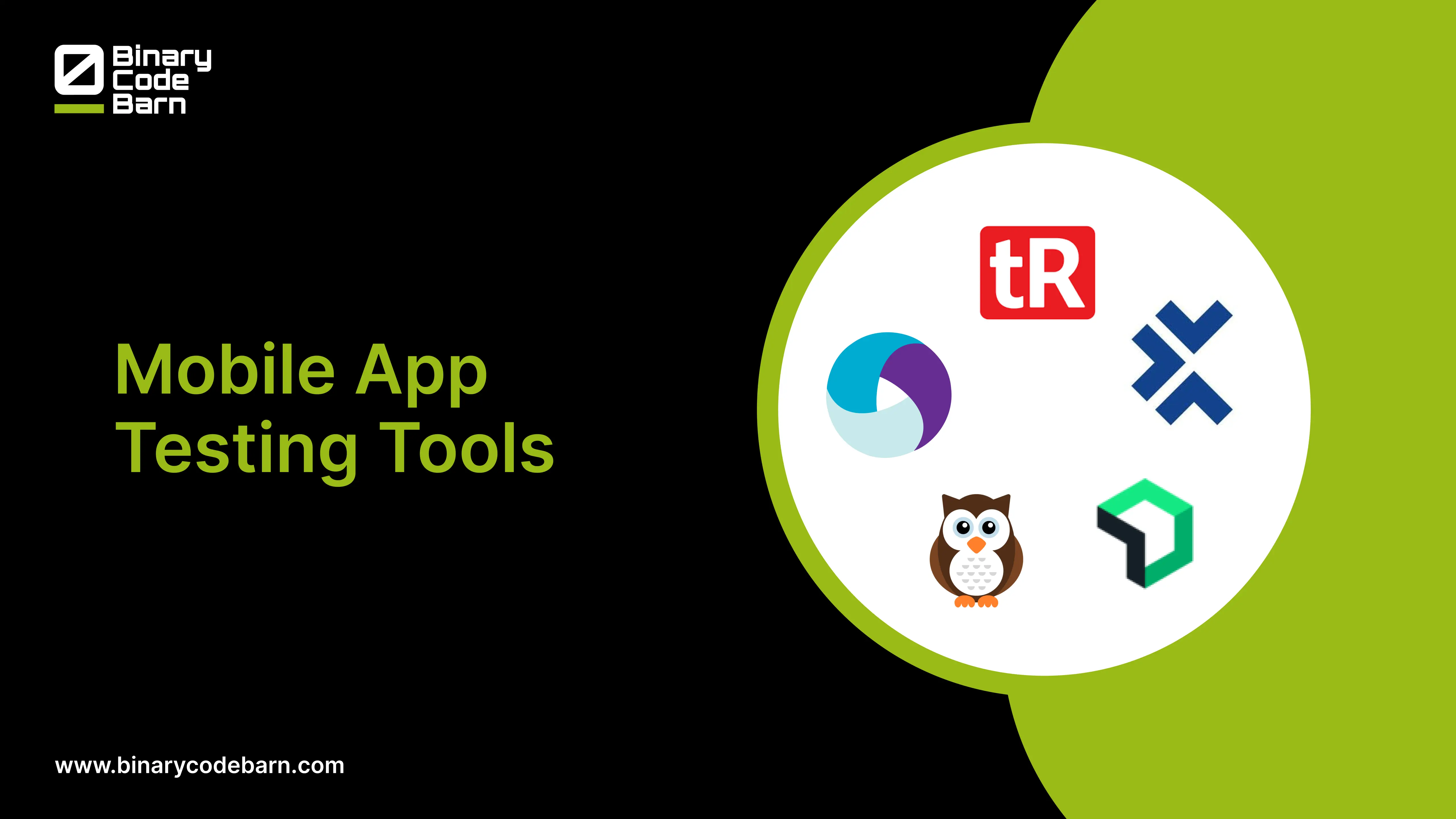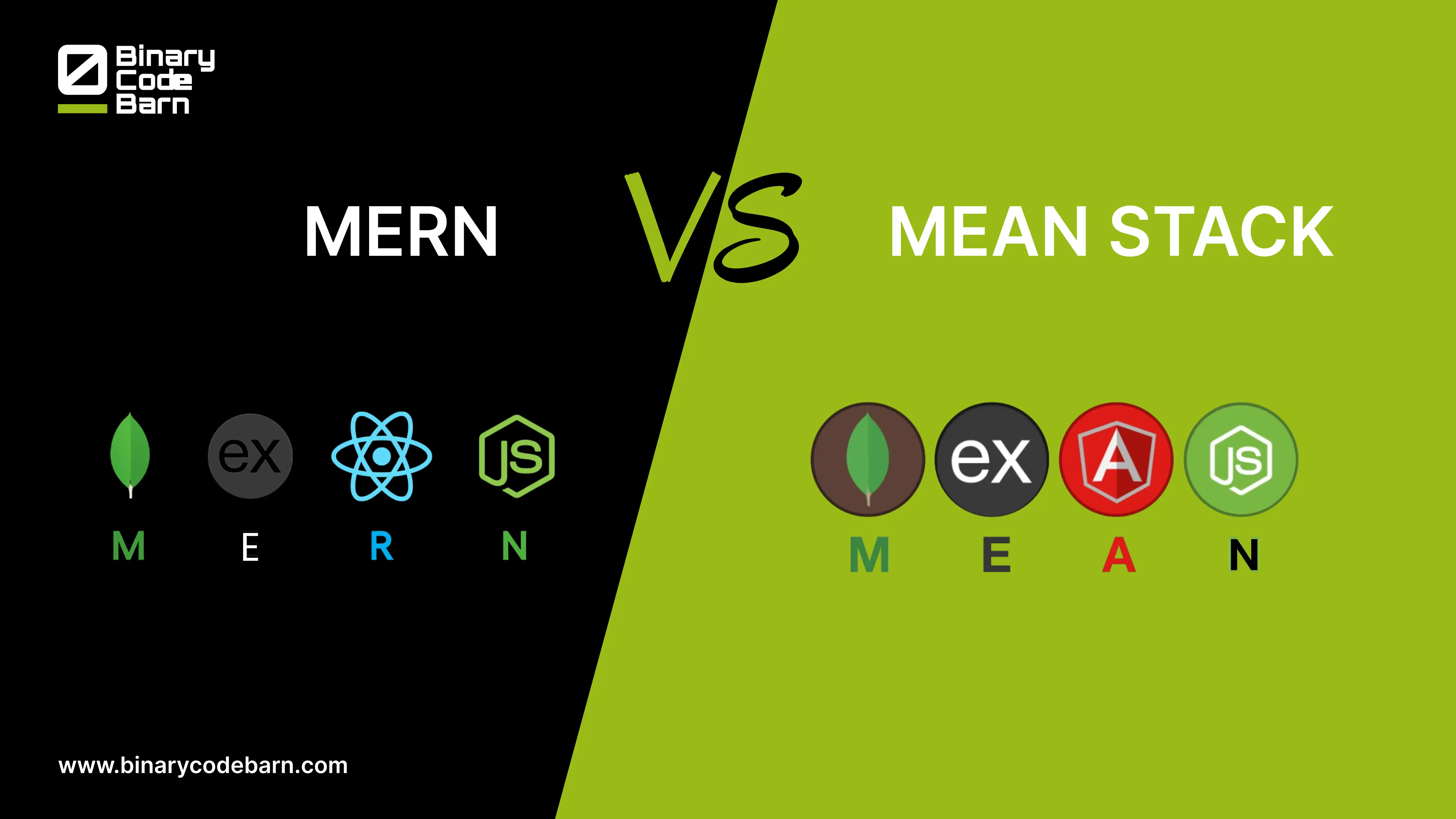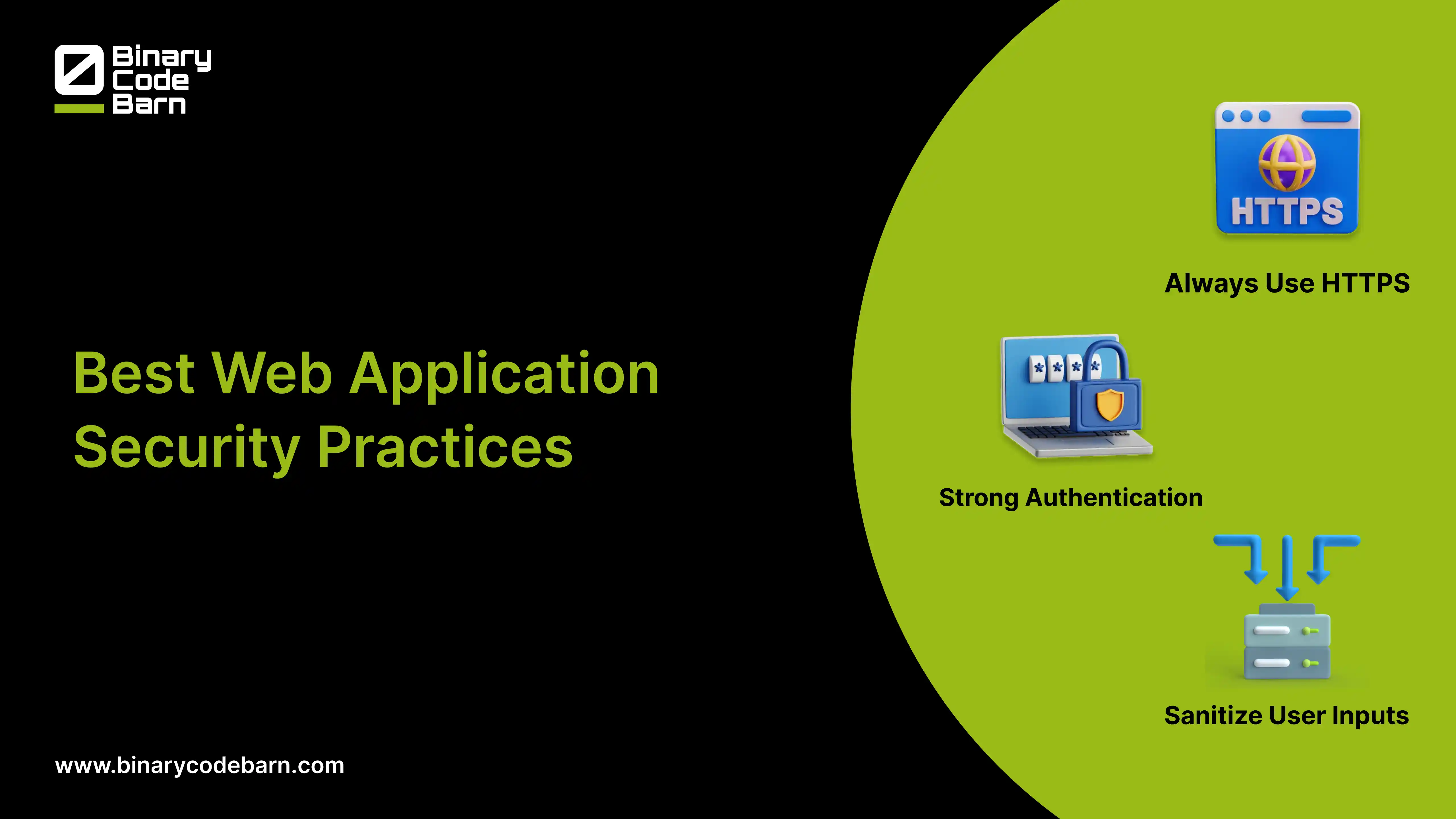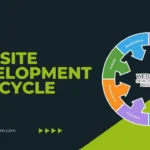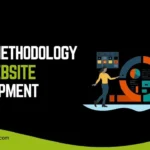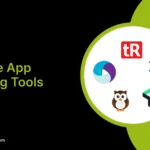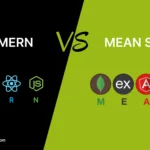Struggling to choose right framework for your web app? Wondering which one will deliver speed, reliability and scalability in 2024? With so many options available picking perfect framework can feel overwhelming. But don’t worry! Know about best web development frameworks and find the ideal solution for your project.
Whether you’re working on front end or back end development these frameworks are designed to make your life easier, speed up development and ensure web app runs smoothly. Let’s dive in and discover best fit for you!
What is Web Development Framework?
Web development framework is a set of pre built tools, libraries and guidelines that simplify process of creating apps. It provides a standardized structure handling routine tasks like routing, database interaction, authentication and session management which reduces the developer’s workload. Available for both front end and back end development these frameworks support features such as UI components, data binding, and server side processing.
By using a framework developers can build scalable, reliable and maintainable applications more efficiently. It offers a solid foundation, saving time and ensuring consistency, making it an essential tool for modern web development.
Importance of Web Programming Frameworks
Web App Development Frameworks play crucial role in modern development by improving productivity, ensuring best practices and simplifying creation of reliable web apps. Here’s why they’re so crucial:
- Structured Approach: Frameworks follow established patterns like MVC, making development more organized and easier to scale
- Time Efficiency: Pre-built tools and libraries reduce the time spent on common tasks, speeding up development
- Consistency: Frameworks enforce coding standards, ensuring consistency and improving collaboration
- Scalability & Maintainability: Their modular nature makes it easier to scale applications and maintain code in the future
- Cross-Platform Compatibility: Many frameworks support development across various platforms and devices
- Boosting Productivity: Frameworks handle repetitive tasks, allowing developers to focus on creating unique features and innovative solutions
10 Best Web Development Frameworks
Time to discuss the Web Development Frameworks list so that you can choose the best one for you.
React
React is one of the most popular frameworks for web development which is created by Facebook. It’s widely used for building interactive user interfaces & even mobile apps. Here’s what makes React stand out:
Key Features
- Component-Based Architecture: Build reusable UI components, improving speed and consistency.
- Virtual DOM: Efficient updates by rendering only changed components, boosting performance.
- JSX Syntax: Write UI structures directly in JavaScript, streamlining development.
- Unidirectional Data Flow: Easier data tracking and debugging.
- Versatility: Works for both web and mobile apps, with React Native for mobile development.
- Rich Ecosystem: Includes libraries, tools, and community-driven plugins for easier project setup.
Benefits
- Faster development with reusable components and JSX.
- Improved performance due to the Virtual DOM.
- Great for building Single-Page Applications (SPAs) for a seamless user experience.
Drawbacks
- Smaller community compared to other frameworks.
- Frequent updates make maintaining documentation challenging.
Angular
Angular is a powerful framework developed by Google for building dynamic, single page web applications (SPAs) for mobile, desktop, and web platforms. It uses TypeScript and offers a robust set of features.
Key Features
- Two-Way Data Binding: Automatically syncs the model and view, reducing manual updates.
- Dependency Injection: Boosts efficiency by enabling reusable services.
- TypeScript-Based: Enhances code quality and maintainability.
- Modular Development: Organizes code into reusable modules.
- Rich Tooling: The Angular CLI streamlines development tasks.
Benefits
- Well-documented and regularly updated by Google.
- Fast loading times and supports third-party integrations.
- Allows executing multiple functions simultaneously with dependency injection.
Drawbacks
- Steep learning curve.
- Requires a lot of boilerplate code during installation.
VueJS
Vue.js is a progressive JavaScript framework for building user interfaces and SPAs. Focuses on the view layer making it easy to integrate with other libraries and projects.
Key Features
- High Adaptability: Vue.js can be integrated gradually into projects, offering flexibility for developers.
- Simplified Learning Curve: Vue.js is known for its straightforward syntax, making it beginner-friendly while still being powerful for advanced users.
- Rich Ecosystem: Includes Vue Router for SPAs, Vuex for state management, and Vue CLI for rapid development.
- Reactive Interfaces: Its reactive data binding ensures dynamic and efficient UI updates.
- Performance and Flexibility: Vue.js is lightweight and offers optimized performance.
Benefits
- Small size (only 29KB when minified).
- Easy to learn with extensive documentation.
- Efficient 2-way data binding for reactivity.
Drawbacks
- Flexibility can lead to complexity in large-scale projects with multiple developers.
- Smaller community and less widespread support compared to other frameworks.
Django
Django is a Python based high-level web framework ideal for building secure web applications. It is widely used for rapid development and clean design, powering platforms like Instagram and Pinterest.
Key Features
- ORM (Object-Relational Mapping): Simplifies database management using Python classes.
- Admin Interface: Automatically generated tool for managing app data.
- MTV Architecture: Streamlines development by separating logic, templates, and data.
- Built-in Security: Protects against vulnerabilities like XSS and SQL Injection.
- Authentication System: Handles user accounts, permissions, and sessions.
- Multi-Database Support: Compatible with databases like PostgreSQL, MySQL, and SQLite.
- Caching Framework: Enhances application performance with built-in caching.
Benefits
- Accelerates development with ready-to-use features.
- Provides robust security measures.
- Scalable to handle high traffic.
- Promotes clean and reusable code with the DRY principle.
Drawbacks
- Steeper learning curve for beginners.
- Monolithic structure can limit flexibility for smaller projects.
- May require additional effort to customize beyond defaults.
Flask
Flask is Python web framework known for its simplicity and flexibility. It is ideal for small to medium sized web applications & prototyping projects
Key Features
- Minimalistic Design: Provides only essential tools, promoting clean and maintainable code.
- Flexibility: Gives developers freedom to structure applications as needed.
- Rich Ecosystem: Offers extensions for tasks like database integration, form validation, and more.
- Community Support: Backed by extensive documentation and third-party libraries.
- Quick Setup: Simplifies development for rapid prototyping and scalable solutions.
Benefits
- Easy to learn and use for beginners.
- Lightweight with minimal dependencies, ensuring efficiency.
- Highly extensible for complex applications.
- Integrates smoothly with other technologies.
Drawbacks
- Limited built-in features compared to larger frameworks.
- Relies on external libraries, increasing dependency management complexity.
- Best suited for smaller projects; may require extra effort for large-scale systems.
Ruby on Rails
Ruby on Rails is a popular open source web framework written in Ruby designed to accelerate web app development. It follows MVC architecture & emphasizes convention over configuration allowing developers to focus more on coding than configuration.
Key Features
- Convention Over Configuration: Streamlines development with standard practices, reducing boilerplate code.
- Scaffolding: Quickly generates essential components of web applications for rapid prototyping.
- Active Record ORM: Simplifies database interactions with Ruby-based queries.
- Rich Ecosystem: Extensive library of gems for added functionality.
- Community Support: Backed by a large, active developer community.
Benefits
- Enables rapid application development with minimal setup.
- Highly scalable and suitable for handling large traffic loads.
- Encourages clean, maintainable code with established conventions.
- Offers a wealth of plugins and gems for extended functionality.
Drawbacks
- Deployment challenges in environments lacking Ruby support.
- Full-stack nature may limit flexibility for developers seeking control over specific components.
Laravel
Laravel is a free open source PHP framework for building modern web applications. Known for its simplicity, elegance and powerful tools, Laravel streamlines development by handling repetitive tasks. Also provides a robust ecosystem of features.
Key Features
- Blade Templating Engine: Simplifies creating and managing application templates with a clean and intuitive syntax.
- Eloquent ORM: Facilitates easy interaction with databases using an object-relational mapping tool.
- Command-Line Interface (Artisan): Automates common tasks like code generation and database migrations.
- Flexible Routing System: Makes defining application URLs simple and effective.
- Extensive Ecosystem: Offers packages for testing, security, and deployment.
Benefits
- Accelerates development with tools for authentication, routing, and caching.
- Encourages clean, maintainable code with its built-in features.
- Supported by Laracasts for easy learning through tutorials.
- Adaptable for both small applications and scalable web solutions.
Drawbacks
- Heavy reliance on third-party packages for added functionality.
- Frequent version updates can lead to limited long-term support.
- Complex architecture may pose challenges for beginners.
Express.js
Express.js is a minimalist flexible web development framework for Node.js. It’s designed for building scalable web apps and APIs efficiently. Known for its lightweight structure, Express allows developers to organize and customize applications to suit specific requirements.
Key Features
- Routing System: Supports complex routes and HTTP methods for managing web requests.
- Middleware Support: Easily add functionalities like authentication, logging, and error handling.
- REST API Creation: Simplifies building robust RESTful APIs.
- Static File Serving: Makes serving resources like images, CSS, and JavaScript simple.
- Integration Ready: Works seamlessly with databases like MongoDB, Redis, and MySQL.
Benefits
- Enhances Node.js for better backend development.
- Open-source community ensures frequent improvements and support.
- Customizable framework tailored to user needs.
- Efficient for creating lightweight, fast applications.
- Plays a key role in the MEAN stack.
Drawbacks
- Event-driven nature may confuse developers from other programming backgrounds.
- Middleware configuration can be complex for beginners.
- Best suited for small to medium projects; may not be ideal for large-scale applications.
ASP.NET Core
ASP.NET Core is an open source web development framework from Microsoft. Designed for building high performance, scalable and secure web apps and API. With cross platform support and integration with popular tools like Visual Studio and Azure. It’s ideal for both small projects and enterprise level solutions.
Key Features
- Cross-Platform: Runs on Windows, macOS, and Linux.
- Modular Architecture: Only include the components you need, optimizing size and performance.
- Built-In Security: Features authentication, authorization, and encryption for secure applications.
- Multiple Language Support: Compatible with C#, F#, and more.
- Cloud Integration: Seamless deployment to Azure for cloud-based solutions.
Benefits
- Fast, flexible and lightweight framework.
- Works well with HTML, CSS, JavaScript & other modern web technologies.
- Ideal for secure, enterprise level applications.
- Active support from Microsoft and a large developer community.
Drawbacks
- Higher development costs due to additional tools like Visual Studio subscriptions.
- Limited customization in certain areas despite its flexibility.
Spring
Spring is a powerful framework for building enterprise level Java applications. It simplifies development by providing tools for dependency injection, web applications, data access and security. With its modular design developers can choose only the components they need, making it highly flexible for scalable and maintainable solutions.
Key Features
- Inversion of Contro): Simplifies dependency management and reduces boilerplate code.
- MVC Framework: Helps build structured, maintainable web applications.
- Comprehensive Security: Offers built-in tools for authentication and authorization.
- Testing Support: Tools for unit, integration, and functional testing.
Benefits
- Modular and scalable for enterprise solutions.
- Large, active developer community for support.
- High performance for robust Java applications.
Drawbacks
- Steep learning curve due to its complexity.
- Heavy reliance on third-party libraries.
- Large memory footprint can be a concern for resource-constrained systems.
Wrapping It Up!
Web development frameworks like Flask, Ruby on Rails, Laravel, Express.js, ASP.NET Core, and Spring simplify building modern web applications. Each framework offers unique strengths, from lightweight solutions for rapid development to robust tools for enterprise-level applications. Choosing the right framework depends on your project’s complexity, scalability needs, and technology stack.
At Binary Code Barn, we specialize in leveraging these frameworks to craft tailored web solutions. Whether you need a lightweight MVP or a full-scale enterprise system, our expert developers deliver innovative, high-quality web applications to match your business goals. Let us turn your vision into reality faster and better. We provide:
- Expert Web Development Solutions
- 24/7 Support
- Scalable and Secure Applications
- End-to-End Development Services
- Continuous support
FAQs
What are web development frameworks?
Web development frameworks are pre-written sets of code that help developers build websites and web applications faster by providing a structure and pre-built tools.
Which web development framework should I choose?
The choice depends on your project’s needs. For example:
- Flask is great for small, lightweight applications.
- Ruby on Rails is ideal for rapid development of complex web applications.
- Laravel offers a powerful set of tools for PHP developers.
- Express.js is perfect for building fast and scalable APIs.
- ASP.NET Core is suitable for enterprise-level applications with .NET expertise.
- Spring is best for Java developers aiming for robust, enterprise solutions.
How can Binary Code Barn help with web development?
At Binary Code Barn, we provide expert web development services, 24/7 support, and end-to-end solutions to ensure your application’s success. Our experienced team can help you choose the right framework and develop scalable, secure applications tailored to your business needs.
How long does it take to develop a web application?
The timeline depends on the complexity and features of the application. Simple websites can be developed in a few weeks, while more complex applications may take several months. At Binary Code Barn, we work efficiently and provide fast delivery without compromising quality.
Do you offer support after the web application is built?
Yes, we provide ongoing support and maintenance services to ensure your web application runs smoothly. Whether it’s fixing bugs, adding new features, or updating the system, our team is available 24/7 to assist you.
